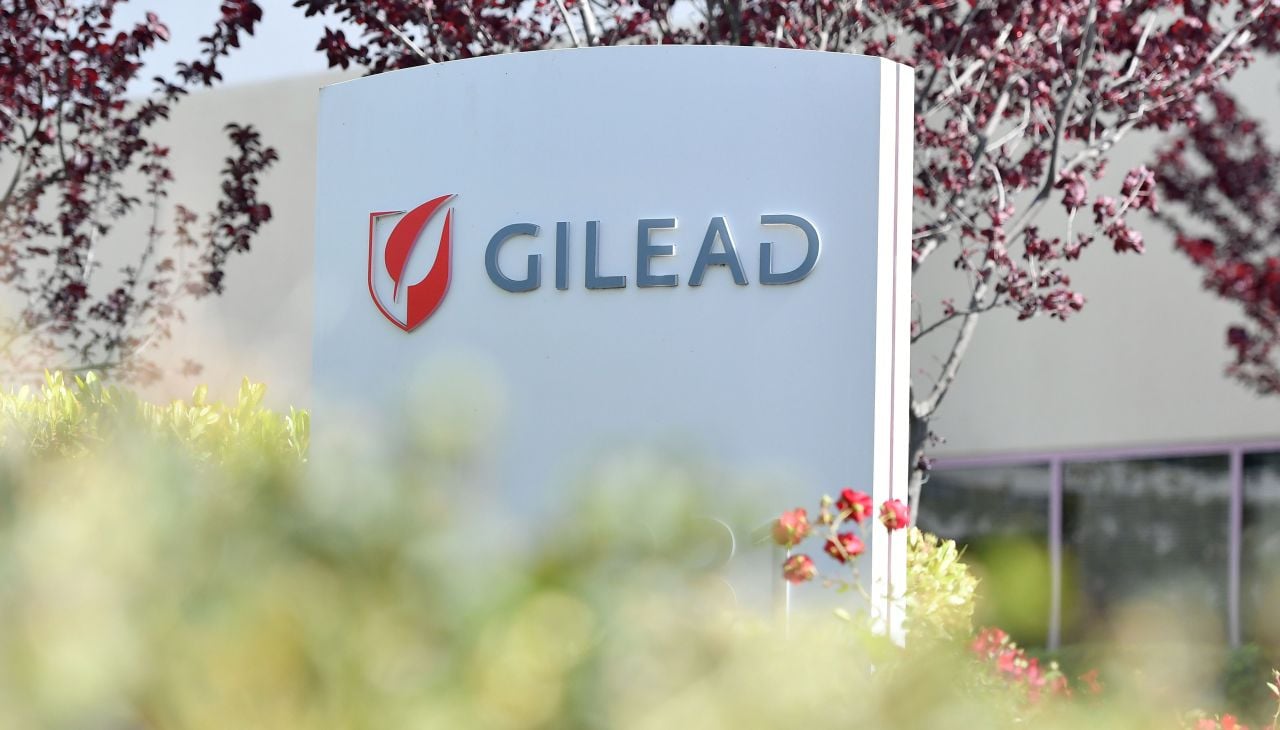Request Demo
Last update 28 Jan 2026
Bictegravir/Emtricitabine/Tenofovir Alafenamide Fumarate
Last update 28 Jan 2026
Overview
Basic Info
Drug Type Small molecule drug |
Synonyms B/F/TAF, BIC/FTC/TAF, Bictegravir Sodium/Emtricitabine/Tenofovir Alafenamide Fumarate + [13] |
Target |
Action inhibitors |
Mechanism HIV-1 integrase inhibitors(HIV integrase inhibitors), RT inhibitors(Viral reverse transcriptase inhibitors) |
Therapeutic Areas |
Active Indication |
Inactive Indication |
Originator Organization |
Active Organization |
Inactive Organization |
License Organization- |
Drug Highest PhaseApproved |
First Approval Date United States (07 Feb 2018), |
RegulationOrphan Drug (United States), Overseas New Drugs Urgently Needed in Clinical Settings (China) |
Login to view timeline
Structure/Sequence
Molecular FormulaC25H33N6O9P |
InChIKeyMEJAFWXKUKMUIR-FHPNUNMMSA-N |
CAS Registry1392275-56-7 |
View All Structures (3)
External Link
| KEGG | Wiki | ATC | Drug Bank |
|---|---|---|---|
| - | - | - |
R&D Status
Approved
10 top approved records. to view more data
Login
| Indication | Country/Location | Organization | Date |
|---|---|---|---|
| HIV Infections | United States | 07 Feb 2018 |
Developing
10 top R&D records. to view more data
Login
| Indication | Highest Phase | Country/Location | Organization | Date |
|---|---|---|---|---|
| Fasting | Phase 3 | United States | 01 Aug 2022 | |
| Metabolic Syndrome | Phase 3 | United States | 01 Aug 2022 | |
| Obesity | Phase 3 | United States | 01 Aug 2022 | |
| Hepatitis B | Phase 3 | United States | 30 May 2018 | |
| Hepatitis B | Phase 3 | China | 30 May 2018 | |
| Hepatitis B | Phase 3 | Japan | 30 May 2018 | |
| Hepatitis B | Phase 3 | Dominican Republic | 30 May 2018 | |
| Hepatitis B | Phase 3 | France | 30 May 2018 | |
| Hepatitis B | Phase 3 | Greece | 30 May 2018 | |
| Hepatitis B | Phase 3 | Hong Kong | 30 May 2018 |
Login to view more data
Clinical Result
Clinical Result
Indication
Phase
Evaluation
View All Results
Phase 3 | 225 | Bictegravir, emtricitabine, and tenofovir alafenamide (BIC/FTC/TAF) | hvprjcyugr(uktbhzfuyc) = kqkzyooabq grpumibqig (zulntvltdi ) View more | Positive | 01 Dec 2025 | ||
Phase 2 | 122 | nhehpqwkkp(cgtwhagxzm) = scwkutzgeg fxrdtotjos (xhmlbhvbwi, 86 - 98) View more | Positive | 01 Dec 2025 | |||
nhehpqwkkp(cgtwhagxzm) = zpuqfwjddt fxrdtotjos (xhmlbhvbwi, 84 - 99) View more | |||||||
Phase 3 | 150 | bdlwypdynw(tyczebhtwj) = lsmqgpokiz hyagqqgxtz (oavktsrbbf, 0.20 - 4.12) View more | Positive | 21 Nov 2025 | |||
Tenofovir Disoproxil Fumarate-Based Regimens | bdlwypdynw(tyczebhtwj) = iivvfidezs hyagqqgxtz (oavktsrbbf, −0.52 - 3.15) View more | ||||||
Phase 2 | 122 | (BIC Arm) | wmldokqcog = egnwsyemgz idycntbjgm (agqqtgoylq, bykjvjeuql - itqmodanub) View more | - | 15 Aug 2025 | ||
(DTG Arm) | wmldokqcog = fycbjajpbb idycntbjgm (agqqtgoylq, fdgygvuvly - bxvohipoua) View more | ||||||
Phase 3 | - | epqswpgsyw(soehpqbqnr) = xwzmlkogmd ukvlqtbhvi (bcsjxidfat ) View more | Positive | 12 Nov 2024 | |||
Not Applicable | - | (treatment‐naïve) | qzcoqlswub(vpkmpwhrkx) = deddwokhld rsncoztonj (zyqmfltnlx ) View more | Positive | 12 Nov 2024 | ||
(treatment‐experienced) | qzcoqlswub(vpkmpwhrkx) = gldghfbxlg rsncoztonj (zyqmfltnlx ) View more | ||||||
Phase 3 | - | qdwmfylcrb(dthxqmfskw) = dpryerzviw tbpzagdtbw (jdpcfypuaq ) View more | Positive | 04 Sep 2024 | |||
Phase 3 | HIV Infections First line | 100 | lwyqugvqzh(ourjazhpmq) = wfglllvqeq woafomlujg (juzcznrdec ) View more | Positive | 24 Jul 2024 | ||
Phase 3 | 519 | xlbfboscpg(etttjysuvs) = Two participants discontinued B/F/TAF due to treatment-related AEs zbdjduajcc (aolkjgazim ) View more | Positive | 01 Jun 2024 | |||
Dolutegravir/F/TAF | |||||||
Phase 4 | HIV Infections First line | 208 | btvlhtinqu(mtjqqsxdfe) = njkbbbzrgx pcuxtnukgu (fylprenbtj, 80 - 99) View more | Positive | 02 Apr 2024 |
Login to view more data
Translational Medicine
Boost your research with our translational medicine data.
login
or

Deal
Boost your decision using our deal data.
login
or

Core Patent
Boost your research with our Core Patent data.
login
or

Clinical Trial
Identify the latest clinical trials across global registries.
login
or

Approval
Accelerate your research with the latest regulatory approval information.
login
or

Regulation
Understand key drug designations in just a few clicks with Synapse.
login
or

AI Agents Built for Biopharma Breakthroughs
Accelerate discovery. Empower decisions. Transform outcomes.
Get started for free today!
Accelerate Strategic R&D decision making with Synapse, PatSnap’s AI-powered Connected Innovation Intelligence Platform Built for Life Sciences Professionals.
Start your data trial now!
Synapse data is also accessible to external entities via APIs or data packages. Empower better decisions with the latest in pharmaceutical intelligence.
Bio
Bio Sequences Search & Analysis
Sign up for free
Chemical
Chemical Structures Search & Analysis
Sign up for free



